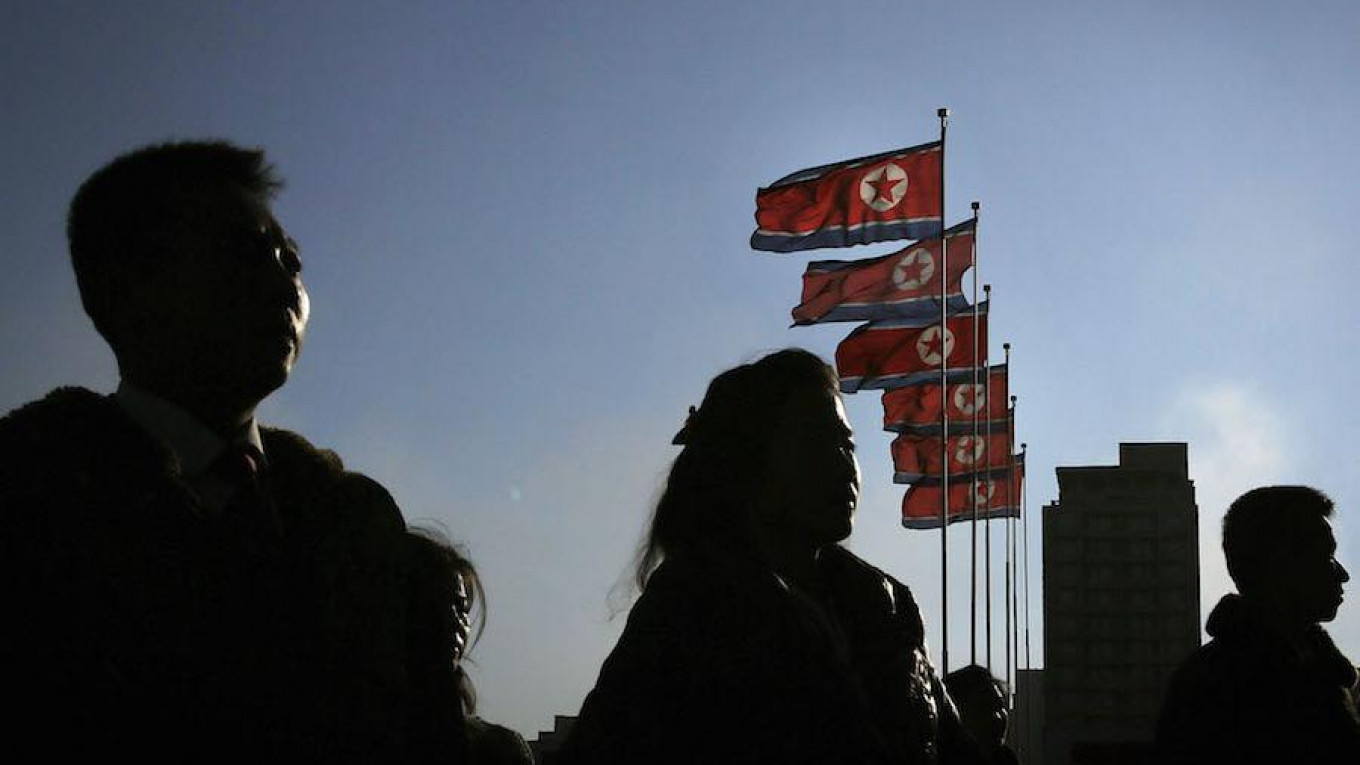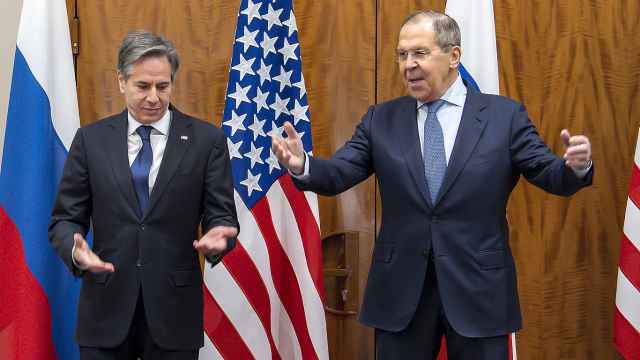A court in Russia's Leningrad region dismissed the case against Choi Myung-bok, a North Korean defector set to be deported for violating migration laws, the Memorial human rights group reported Monday. Choi no longer faces deportation to North Korea, where he would most likely be executed for fleeing the labor camp he was sent to. He plans to apply for official refugee status once again.
Choi, 54, lives in a small town in the Leningrad region with his Russian partner and their two children. In 1999, North Korean authorities sent him to a labor camp in the Russian Far Eastern Amur region, which he fled in 2002. In 2015-2016 Choi applied for refugee status, but Russian migration authorities turned him down.
On Jan. 31, Choi was summoned to a local police station, in order to sign papers that would help him with his refugee application, he was told. Instead, he was accused of violating migration laws. A local court ordered his deportation and sent him to a pre-deportation detention center.
Choi's lawyers,
Memorial's Olga Tseytlina and Yuri Serov, appealed the ruling. They
also filed an emergency appeal to the European Court of Human Rights (ECtHR),
fearing that Choi would be executed upon return to North Korea. ECtHR ruled in Choi's favor.
On Feb. 9, the Leningrad regional court sustained his appeal too. The judge dismissed all charges against Choi and released him from custody. Choi plans to make another attempt at getting official refugee status.
The situation with North Korean defectors remains particularly tense after Russia and North Korea signed an extradition treaty in November 2015. Since then, Russia has been reluctant to grant North Koreans asylum. The consequences have been, on occasion, fatal, Svetlana Gannushkina, Russia's veteran migration rights activist, told The Moscow Times in an interview last year.
Civic Assistance Committee, the NGO Gannushkina runs, tried to stop Russia signing the treaty.
“The authorities told us not to worry, because the North Korean government promised to treat refugees well, but we knew differently,” she says. “We found out that one of the refugees we tried to help and failed was roped onto a moving train. That was how they ’delivered him to his homeland’ — or what was left of him, to be exact.”
A Message from The Moscow Times:
Dear readers,
We are facing unprecedented challenges. Russia's Prosecutor General's Office has designated The Moscow Times as an "undesirable" organization, criminalizing our work and putting our staff at risk of prosecution. This follows our earlier unjust labeling as a "foreign agent."
These actions are direct attempts to silence independent journalism in Russia. The authorities claim our work "discredits the decisions of the Russian leadership." We see things differently: we strive to provide accurate, unbiased reporting on Russia.
We, the journalists of The Moscow Times, refuse to be silenced. But to continue our work, we need your help.
Your support, no matter how small, makes a world of difference. If you can, please support us monthly starting from just $2. It's quick to set up, and every contribution makes a significant impact.
By supporting The Moscow Times, you're defending open, independent journalism in the face of repression. Thank you for standing with us.
Remind me later.







